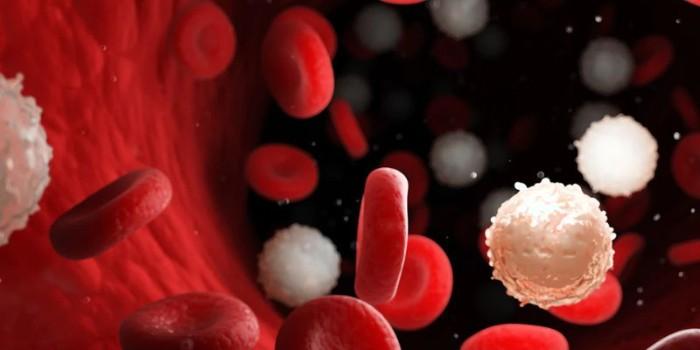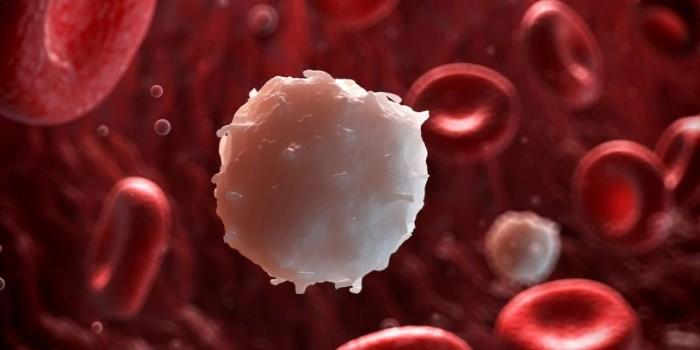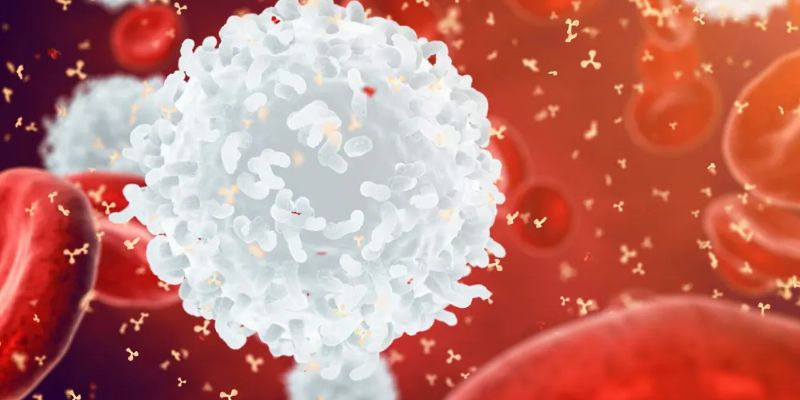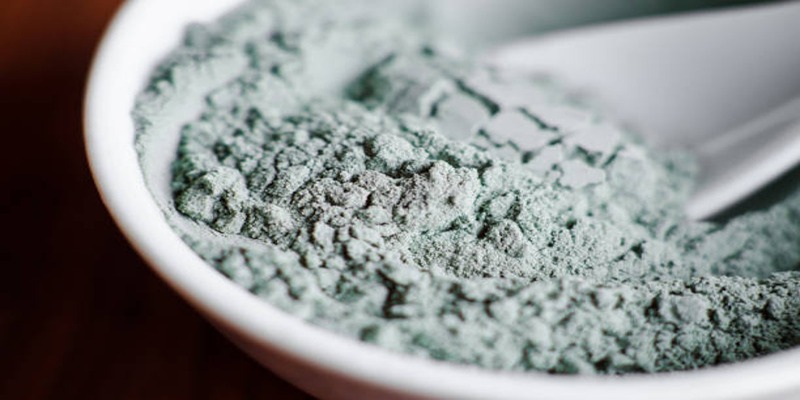Are you concerned about your white blood cell count? Are you looking for ways to naturally boost white blood cells and strengthen your body's immune system? Many viruses and diseases target the white blood cells in our bodies, making it especially important to keep their levels up.
Fortunately, you can take many natural steps to help increase white blood cell production. In this blog post, we will go through the different methods for improving and maintaining healthy levels of white blood cells so that you can feel prepared to fend off any illness or disease.
Keep reading if you want to know more about increasing your body's white blood cell count.
What Are White Blood Cells and Their Function
White blood cells, also known as leukocytes, are a type of immune cell that help fight off infections and other foreign invaders in the body. They make up less than one percent of your total blood volume but are essential in defending against disease.
White blood cells come in several different types, each with its unique function:
- Neutrophils are the most abundant white blood cells and act as your body’s first line of defense against invading bacteria, viruses, and fungi.
- Monocytes: These cells help find and destroy foreign invaders before they can cause infection.
- Lymphocytes include B-cells (which produce antibodies) and T-cells (which recognize and destroy infected cells).
- NK Cells: Natural Killer Cells are a type of lymphocyte that can detect and kill cancerous or virus-infected cells.
White blood cells play an important role in protecting your body from disease, so it’s important to understand how to increase white blood cell count if necessary.
What Causes High White Blood Cell Counts

White blood cell counts can increase due to various medical conditions and illnesses. Common causes of an increased white blood cell count include infections, inflammation, leukemia, nutrient deficiencies, medications, and certain autoimmune disorders.
Understanding the underlying cause of your high white blood cell count is important to get appropriate treatment and prevent further complications. Your doctor can order additional tests to determine the cause of your high white blood cell count.
What Causes Low White Blood Cell Counts
Apart from aging, many health conditions and lifestyle factors can lead to low white blood cell counts.
These include:
- HIV/AIDS, a disease that attacks the immune system
- Cancer treatments such as chemotherapy and radiation therapy
- Certain medications, such as antibiotics and anticonvulsants
- Autoimmune disorders, which cause your body’s immune system to attack healthy cells
- Chronic infections, such as tuberculosis and hepatitis
- Vitamin B12 and folate deficiency due to poor diet or malabsorption of these nutrients
- Bone marrow disorders, such as myelofibrosis, aplastic anemia, and leukemia
- Severe stress caused by emotional trauma or physical injury
Suppose you’re experiencing any of the symptoms mentioned above or suspect you may have a low white blood cell count. In that case, it is important to speak with your doctor so they can diagnose and treat any underlying medical conditions.
Can Medicine Increase White Blood Cells
Sometimes, your doctor may prescribe medication to help increase white blood cell counts. The most commonly used medications are called granulocyte colony-stimulating factors (G-CSF). G-CSF helps promote the production of white blood cells in the bone marrow.
Medications such as prednisone, an oral steroid, or cyclosporine, an immunosuppressant, may also be prescribed to increase white blood cell counts.
These medications are usually used when a patient has an infection or other medical condition causing a low white blood cell count. It’s important to note that these medications can have serious side effects and should be taken only under the guidance of your doctor.
They may also be expensive, so discussing all the options with your doctor before starting any medication is important. Sometimes, a blood transfusion may be necessary if white blood cell levels are dangerously low.
A blood transfusion involves replacing your blood with donor blood containing healthy and normal white blood cells. This procedure can help increase white blood cell levels quickly.
However, it is important to note that blood transfusions also have certain risks and should only be done if necessary.
It’s always best to talk to your doctor about increasing white blood cell counts safely and effectively. Your doctor will consider your situation and recommend the best action for you.
What Foods Boost White Blood Cells

Eating the right foods can help you increase your white blood cell count. Foods high in vitamins and minerals, such as fruits, vegetables, and protein sources, are especially beneficial for boosting white blood cells.
Examples of specific foods that have been linked to increased white blood cell production include:
- Citrus fruits: Oranges, lemons, and other citrus fruits are rich in vitamin C, which is known to help boost the immune system by increasing white blood cell counts.
- Garlic: Studies have found that garlic can stimulate white blood cell production and increase the body's natural immune response. It also contains several antioxidants and compounds that can help fight infection.
- Leafy greens: Spinach, kale, and other leafy greens are high in folic acid, beta-carotene, and vitamins C and E, all of which can help to increase white blood cell production.
- Nuts: Almonds, walnuts, and other nuts are excellent sources of healthy fats and zinc, a mineral known for maintaining a healthy immune system.
- Probiotic foods: Fermented foods such as yogurt, kefir, and kimchi are high in probiotics, which are beneficial bacteria that help to boost the immune system. Studies have found that probiotics can increase the number of white blood cells in the body.
Eating a well-balanced diet full of these healthy foods is one of the best ways to boost your white blood cell count. It's also important to avoid processed foods and sugary treats, as these can decrease the body's natural immune response and make it more difficult for your body to fight off infection.
FAQs
What foods increase white blood cell count?
Many foods are thought to help increase white blood cell count. Foods rich in vitamin C, such as citrus fruits, may help boost the immune system and promote healthy levels of white blood cells. Other foods that may help include garlic, ginger, spinach, salmon, yogurt, turmeric, and almonds. Eating a balanced diet full of fresh fruits and vegetables will ensure your body's levels of white blood cells remain healthy.
Why is my white blood cell count so low?
A low white blood cell count, also known as leukopenia, can be brought on by a variety of things, including drugs, some autoimmune disorders, infections, and cancer treatments. Additional details regarding the underlying cause of your ailment and any required medical care should be available from your doctor.
Can white blood cells increase n their own?
In some cases, white blood cell counts can return to normal. For instance, if the cause of Leukopenia is an infection, your body's natural defenses may be able to combat it and raise your white blood cells count back up. In other cases, medical intervention may be necessary.
Conclusion
White blood cells are the body's defense against germs and foreign objects. High or low counts can be caused by underlying medical conditions and lifestyle choices like diet, exercise, and exposure to certain environments. While medicine and antibiotics may be prescribed for low white blood cell count levels, increasing them naturally with foods high in vitamins C and E, zinc, curcumin, mushrooms, and probiotics is possible.
With regular check-ups and a balanced lifestyle that includes routine exercise and healthy food choices like those mentioned above, everyone has the potential to ensure their white blood cells remain at healthy levels.




